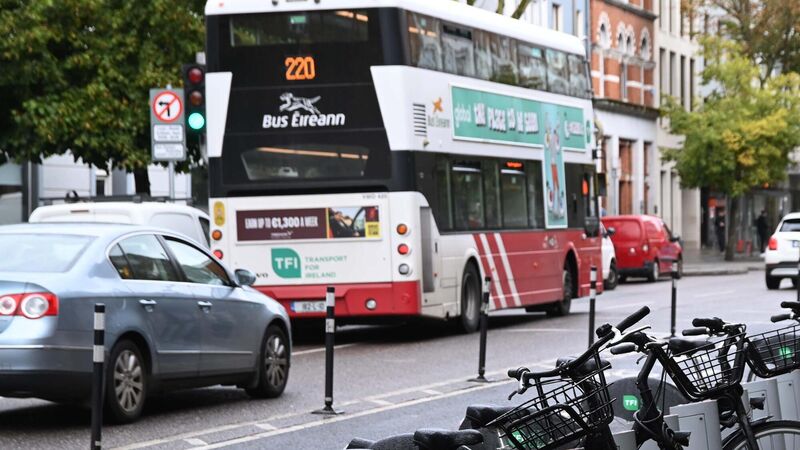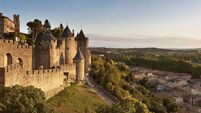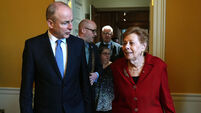Letters to the Editor: Transport plan for Cork must take long view

Public transit infrastructure improvements will enhance accessibility, says Harry Murphy. Picture: Denis Minihane
It is crucial to emphasise that the primary obstacle to achieving reliable, safe, and efficient public transport lies in the objections raised by a segment of ill-informed residents and a handful of businesses who remain entrenched in the belief that their survival hinges solely on motor vehicles.











